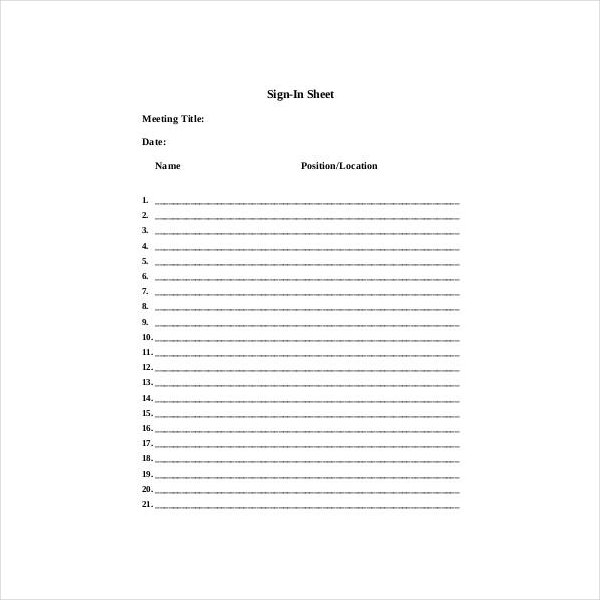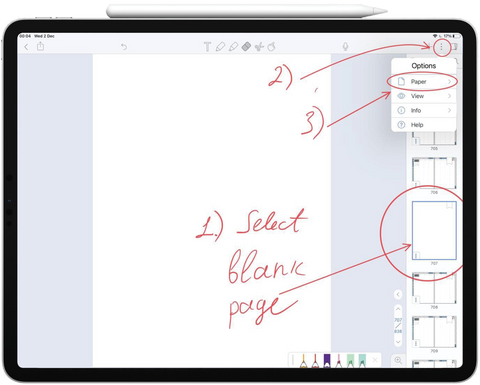
" Sources" should be secondary sources, as those provide the most objective evidence of notability.

Availability of secondary sources covering the subject is a good test for notability. Sources may encompass published works in all forms and media, and in any language. " Reliable" means that sources need editorial integrity to allow verifiable evaluation of notability, per the reliable source guideline.Martin Walker's statement, in a newspaper article about Bill Clinton, that "In high school, he was part of a jazz band called Three Blind Mice" is plainly a trivial mention of that band.The book-length history of IBM by Robert Sobel is plainly non-trivial coverage of IBM.Significant coverage is more than a trivial mention, but it does not need to be the main topic of the source material. " Significant coverage" addresses the topic directly and in detail, so that no original research is needed to extract the content.

A more in-depth discussion might conclude that the topic actually should not have a stand-alone article-perhaps because it violates what Wikipedia is not, particularly the rule that Wikipedia is not an indiscriminate collection of information.

It meets either the general notability guideline (GNG) below, or the criteria outlined in a subject-specific notability guideline (SNG) listed in the box on the right and.Determining notability does not necessarily depend on things such as fame, importance, or popularity-although those may enhance the acceptability of a subject that meets the guidelines explained below.Ī topic is presumed to merit an article if: Article and list topics must be notable, or "worthy of notice". Wikipedia's concept of notability applies this basic standard to avoid indiscriminate inclusion of topics. Information on Wikipedia must be verifiable if no reliable, independent sources can be found on a topic, then it should not have a separate article. On Wikipedia, notability is a test used by editors to decide whether a given topic warrants its own article.


 0 kommentar(er)
0 kommentar(er)
